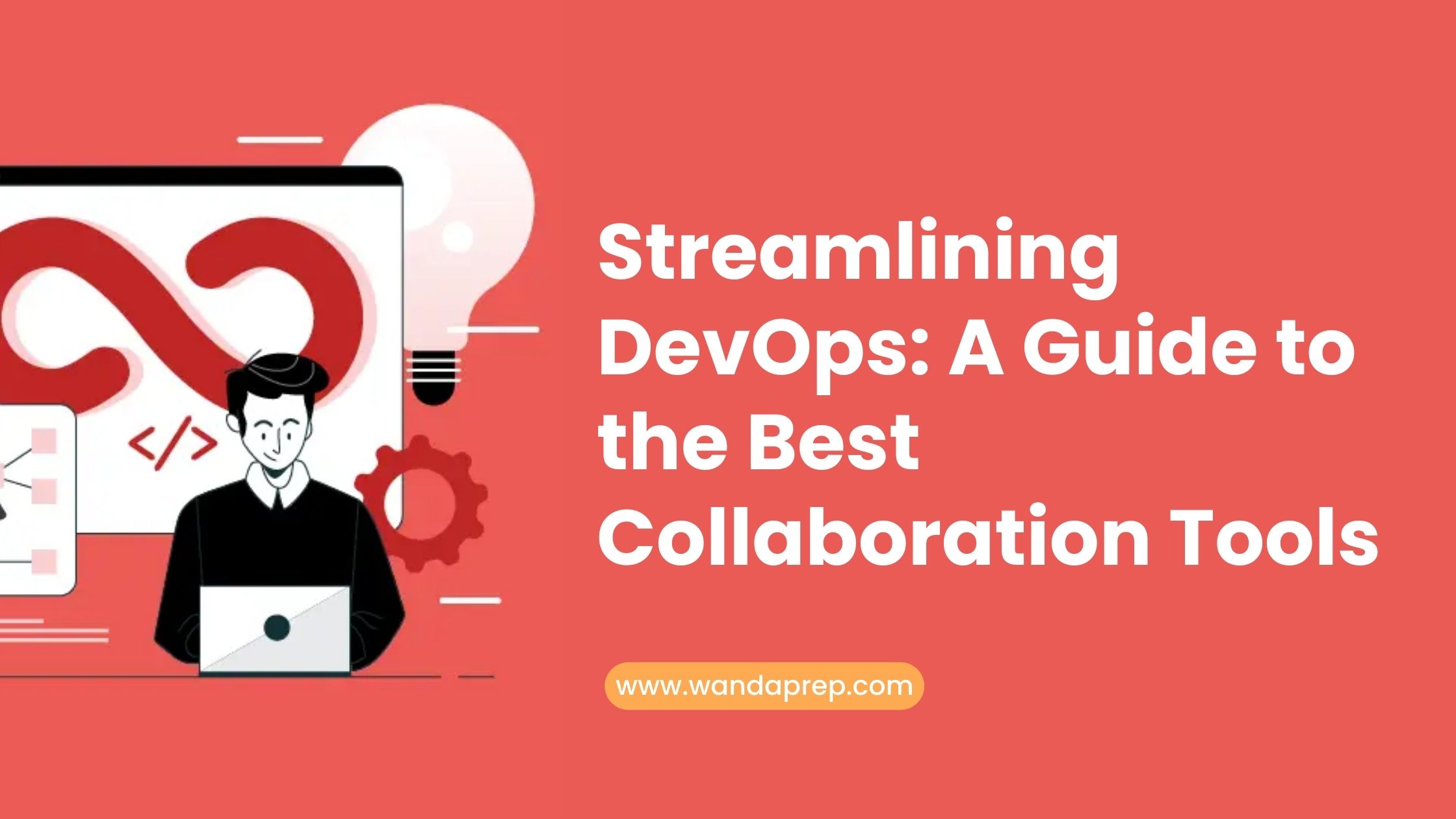DevOps is a cultural shift and a set of practices that aims to integrate the work of development teams and operations teams by facilitating a culture of collaboration and shared responsibility. It involves the use of tooling and automation to establish collaboration by bringing together the workflows and responsibilities of development and operations. DevOps also emphasizes increased transparency, communication, and collaboration across teams, elevating operational requirements to the same level of importance as architecture, design, and development.
The significance of DevOps in modern software development lies in its ability to enable faster delivery of high-quality products, support rapid response to market demands, and enhance efficiency by improving collaboration among developers, operations staff, and stakeholders. By adopting a DevOps culture along with practices and tools, teams gain the ability to better respond to customer needs, increase confidence in the applications they build, and achieve business goals faster.

Importance of Collaboration within DevOps Teams
Collaboration within DevOps teams is crucial as it allows for increased communication and alignment across developers, operations, and even other teams like marketing or sales, enabling all parts of the organization to align more closely on goals and projects. This collaboration is facilitated through the use of chat applications, issue or project tracking systems, and wikis, which help speed up communication and remove barriers between traditionally siloed teams. Additionally, DevOps enables formerly siloed roles to coordinate and collaborate to produce better, more reliable products, ultimately leading to faster time to market with reduced risks.
Key Factors for Choosing Collaboration Tools for DevOps
When choosing collaboration tools for DevOps, several key factors should be considered to ensure they streamline communication, enhance productivity, and foster cross-functional teamwork:
- Integration with Other Systems and Tools: The chosen collaboration tools should seamlessly integrate with other systems and tools used in the DevOps environment. This ensures smooth communication and data flow across different platforms and enhances overall efficiency.
- Compatibility with a Range of Platforms: The collaboration tools should be compatible with a variety of platforms to accommodate the diverse technological landscape of modern software development. This ensures that teams can effectively communicate and collaborate regardless of the specific technologies they are using.
- Communication Features: The tools should prioritize communication features, such as chat software, that enable rapid and efficient communication across the organization. This includes the ability to manage project tasks while facilitating quick communication, sharing project timelines, and providing visibility into team members’ activities.
- Team Empowerment and Cross-Team Collaboration: The selected tools should emphasize team empowerment, cross-team communication, and collaboration. This fosters a culture of shared responsibility and collaboration, enabling teams to work together seamlessly and align more closely on goals and projects.
- Asynchronous Communication: Asynchronous communication capabilities are essential for enabling team members to contribute to conversations across time zones and manage their workloads effectively. This is particularly important for hybrid and remote teams, ensuring that communication is not hindered by geographical or time constraints.
- Improved Visibility and Productivity: The tools should offer improved visibility into each team member’s and the total project’s progress, as well as enhanced teamwork and cohesion. Access to centralized information and the ability to connect with team members on a personal and team level contribute to increased productivity and efficiency.

Top DevOps Collaboration Tools
Rocket Chat
Rocket.Chat is a highly customizable ChatOps tool that enables teams to collaborate with real-time chat, audio, file sharing, and video calls. It offers a wide range of customization and white-labeling options, making it perfect for in-app or livestream chat. Rocket.Chat is designed to be a fully open-source, customizable communications platform, catering to communities and organizations with high standards for data protection. It facilitates communication through federation, with over 12 million people using it worldwide for various purposes, from team chat to customer service, all with secure file sharing and integration to leading social apps.
GitHub
GitHub provides a platform for hosting code repositories, allowing developers to store, manage, and track changes to their code projects. This enables teams to collaborate on code from anywhere, with the ability to create branches, commit changes, and merge code seamlessly. The platform supports version control, enabling developers to work on their local copies and push changes back to GitHub when ready. Additionally, GitHub’s integration with Git allows for efficient code management and collaboration, making it a popular choice for developers and businesses worldwide
Docker
Docker plays a pivotal role in accelerating software delivery cycles by streamlining the development lifecycle and enabling developers to work in standardized environments using local containers. This approach allows for faster, consistent delivery of applications and services. Docker’s ability to create, manage, and distribute containers as the unit for testing and deploying applications significantly reduces the time and effort required for software delivery. By providing a standardized environment, Docker ensures that applications and services can be developed and tested in a consistent manner, leading to faster and more reliable software delivery
Jenkins
Jenkins is a powerful automation server that plays a crucial role in continuous integration and continuous delivery (CI/CD) processes. It serves as a self-contained Java-based program that can be used as a simple CI server or as the central hub for continuous delivery in any project. With its web interface, Jenkins can be easily set up and configured, offering on-the-fly error checks and built-in help. The platform’s extensibility through its plugin architecture allows it to integrate with practically every tool in the CI/CD toolchain, providing nearly infinite possibilities for what Jenkins can do. Additionally, Jenkins can distribute work across multiple machines, driving builds, tests, and deployments across multiple platforms faster
Ansible
Ansible serves as a powerful tool for automating infrastructure provisioning and configuration management, offering a simplified and holistic approach to managing complex IT environments. By automating critical infrastructure workflows, Ansible enables the provisioning, deployment, and management of IT systems, ensuring configuration consistency across diverse infrastructure, simplifying operations, and reducing downtime. With its focus on simplicity, ease of use, and security, Ansible can configure systems, deploy software, and orchestrate advanced workflows to support application deployment, system updates, and more. Its agentless architecture, utilizing OpenSSH for transport, and human-readable language designed for quick adoption without extensive training, make it an accessible and efficient solution for automating infrastructure provisioning and configuration management
Other Notable Tools
If you’re looking to explore additional tools for specific needs, consider checking out the following:
- SonarQube: An open-source platform for continuous inspection of code quality to perform automatic reviews with static analysis of code to detect bugs, code smells, and security vulnerabilities. It’s a valuable tool for maintaining code quality and security.
- Nomad: A cluster manager and scheduler designed for microservices and batch workloads. It provides a simple and flexible way to deploy, manage, and scale applications.
- Monit: A small Open Source utility for managing and monitoring Unix systems. It conducts automatic maintenance and repair and can execute meaningful actions in error situations.
These tools offer diverse functionalities and can cater to specific requirements based on your development and operational needs. It’s worth exploring them further to see how they align with your specific use cases and objectives.
Conclusion
Collaboration tools play a pivotal role in DevOps, fostering teamwork, communication, and overall efficiency. By adopting the right tools, teams can improve their collaboration, streamline workflows, and enhance productivity. The DevOps mantra emphasizes collaboration, making it essential for organizations to initiate collaboration right from the beginning of projects. Effective collaboration tools can bridge the gap between development and operations teams, ensuring that everyone works from a single source of truth and enabling them to build and configure infrastructure, automate configuration management, and orchestrate the application lifecycle. These tools also reduce miscommunications, align team members, and ensure that everyone is on the same page at all times. As modern development teams increasingly exploit collaboration applications, it’s crucial to explore and invest in tools that enable seamless collaboration within and between groups. Ultimately, the right stack of tools makes it possible to implement DevOps successfully, with collaboration between software development and operations teams at its core.
Learn more about DevOps and Cloud Career path and interview preparation at WandPrep







